Canberra, MINA — An international aid group is urging Australians to do more to help Indonesia as it recovers from natural disasters on the islands of Sulawesi and Lombok, ABC.net reported.
The death toll on Sulawesi has risen to 1,550 people after a 7.5-magnitude earth quake triggered a tsunami last month.
Also Read: Egypt, Qatar Deliver Trump’s Gaza Ceasefire Proposal to Hamas
More than 70,000 people have been evacuated and thousands more are injured or missing.
It follows a series of powerful earthquakes on the island of Lombok which killed nearly 500 people in August.
The quakes could be felt on the neighbouring island of Bali, where New South Wales woman Susan Loch was enjoying dinner in a restaurant with her family.
“The staff yelled at us ‘earthquake, run,'” Ms Loch said.
Also Read: Israeli Airstrikes Kill 54 Palestinians Across Gaza
“I felt my feet starting to vibrate and my sister felt the floor moving.”
Ms Loch, from Mollymook on the state’s South Coast, said she had never experienced an earthquake before.
“It was scary. We had no idea what was going to happen in the next five minutes, the next hour, the next day,” she said.
Concerned by the devastation reported, Ms Loch returned to the Bali last month to deliver 10 water purification devices to locals still recovering from the disaster.
Also Read: School Bus Explosion in Pakistan Kills Five, Military Accuses India
“It’s a small amount but it will give them fresh drinking water,” she said.
“We all take it for granted, but they will be able to drink safely from muddy pools of water.
“They were just extremely grateful, they couldn’t thank me enough.”
Ms Loch’s latest visit to Indonesia coincided with the devastating tsunami on Sualwesi.
Also Read: Half a Million People in Gaza on the Risk of Starvation: IPC
“I don’t think Australians realise the extent of the damage. It just breaks your heart,” she said.
“A lot of us travel to Bali and we just need to help them.”
Australians urged not to turn a blind eye
Also Read: Israeli Captive Says “Only a Deal Will Bring Us Home”
Waves for Water is a not-for-profit organisation which offers clean water to communities in need around the world.
The charity’s Australian project manager, Kain Sissons, has been delivering the organisation’s water purification devices to affected parts of the country.
The surfer, from Wollongong in NSW, said he was surprised by the level of destruction on the islands.
Houses in Lombok reduced to rubble by a series of earthquakes in August, now look like a pile of wood and rocks on the ground
PHOTO: Houses in Lombok have been reduced to rubble following a series of earthquakes in August. (Supplied: Kain Sissons)
“Rubble debris everywhere, buildings flattened, a lot of homes half standing and locals sleeping in tents outside their homes or in refugee camps,” he said.
Also Read: Al-Quds Brigades Seize Israeli Surveillance Drone Over Khan Younis
“Even though I work with an NGO and liaise with people for disaster relief, I was actually beside myself when I arrived there at how bad it actually is.”
Mr Sissons said many Australian’s seem to be oblivious to the damage to the popular tourist destination.
“It’s our playground, it’s our backyard,” he said.
“We go there and enjoy it, whether it’s our once a year family holiday or it’s a surf trip.
Also Read: Hamas Expresses Readiness for Comprehensive Deal with Israel for Hostage Release
“I think we shouldn’t be turning a blind eye.”
He is now calling for Australians not to abandon travel to the island but consider what more than can do to help.
Kain Sissons shows two Indonesian men how to use a water filter
“Tourism is a vital part to their economy, but when I was travelling through Lombok the resorts there were empty,” he said.
Also Read: Israel Reaffirms Total Blockade on Humanitarian Aid to Gaza Amid Global Outcry
“There were no western people there which means there’s no money coming for the local people.
“So can we be doing more, we [should] be doing more.” (T/RS5/RS1)
Mi’raj Islamic News Agency (MINA)
Also Read: Israeli Captive in Gaza Sends Emotional Plea to Netanyahu for His Release





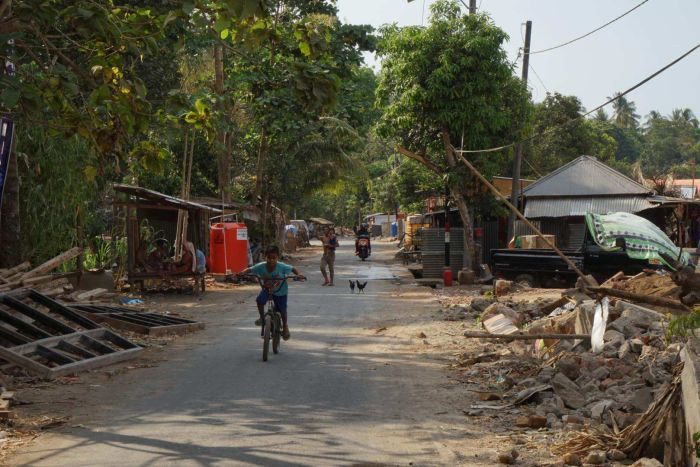

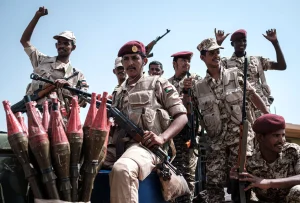

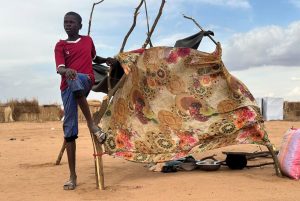
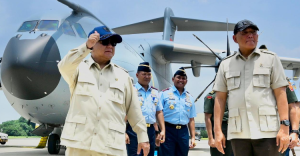
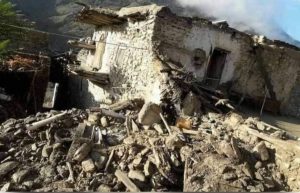


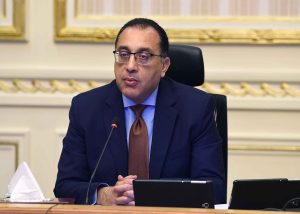
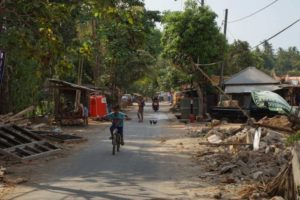





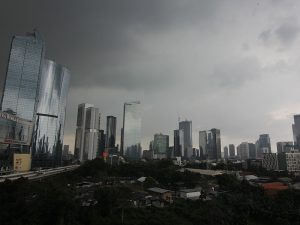

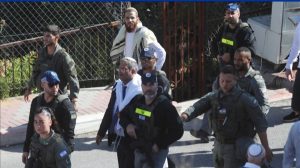



 Mina Indonesia
Mina Indonesia Mina Arabic
Mina Arabic